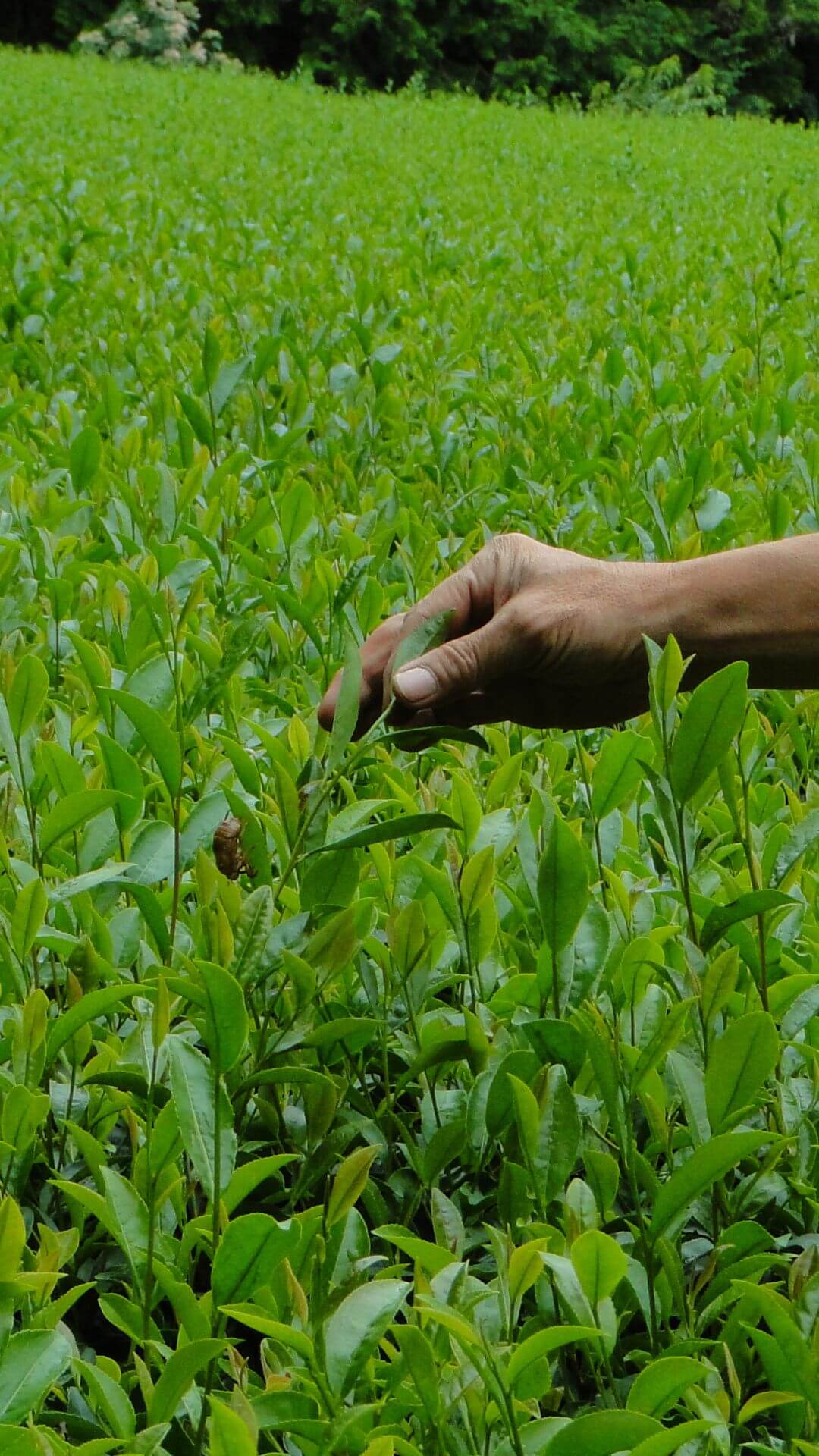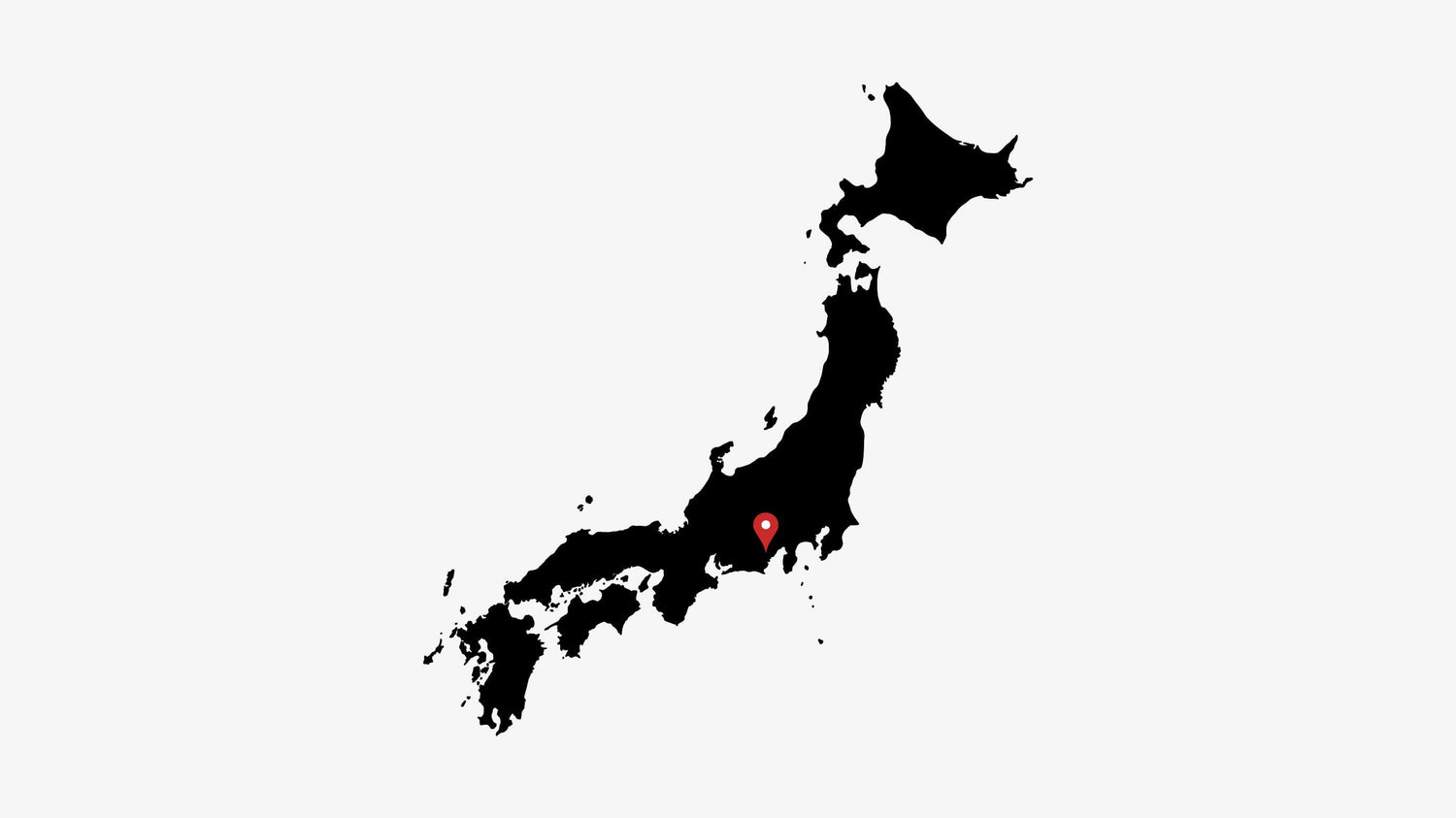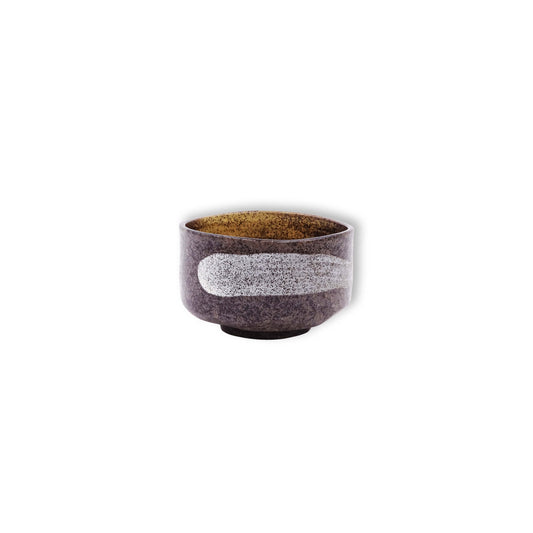


Learn all the secrets of the Masudaen Makinohara Green Tea
Taste

Discover the results of Nio Teas’ 4 step tea tasting method
Step 1 - Observing the Appearance
Step 2 - Assessing the Aroma
Step 3 - Tasting the Tea
Step 4 - Evaluating the sensation on the palate
100% Organically grown and Ethically Sourced

JAS Certified
How to prepare the tea
Necessary teaware

Location of production and farmer
Information about the farm

Sourced in Shizuoka
Japan
Cultivar and tea plant variety
-
Yabukita
-
Sayamakaori
-
Okumidori




























